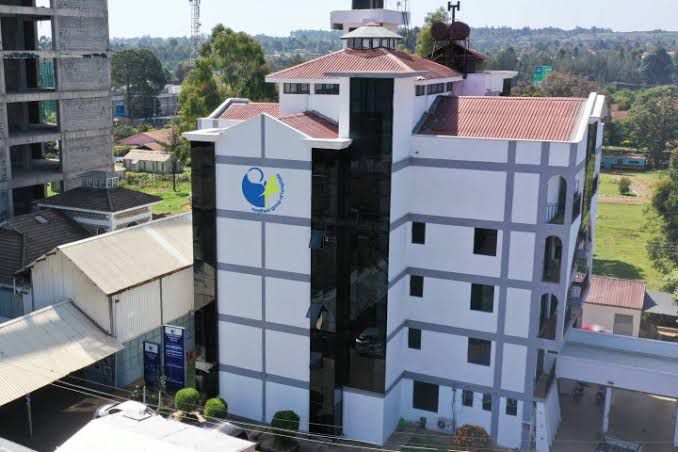
Mediheal says transplant procedures aligned to Health Act, 2017 and international standards » Capital News
NAIROBI, Kenya June 8 – Mediheal Group of Hospitals says that it operates within the confines of Kenyan law and follows international medical standards in all its transplant procedures.
The hospital that has been at the centre of a media storm following an expose which raised concerns over the ethical and legal integrity of kidney transplants conducted at the facility said in a statement that all procedures are aligned to the Health Act, WHO guidelines and international best practices.
The reports suggested that vulnerable individuals, some from economically disadvantaged backgrounds, may have been exploited as organ donors, while foreign nationals allegedly received transplants under unclear circumstances.
Mediheal’s Deputy Operations Manager, Dancel Njoroge, said kidney donations were voluntary and handled with the highest ethical standards.
“Mediheal has at all material times complied with Section 80 of the Health Act, 2017, WHO guidelines, and international best practices,” said Njoroge.
“All organs are donated voluntarily, without coercion. We ensure that both the donor and recipient fully understand the medical implications and undergo proper counselling.”
Njoroge dismissed allegations that the hospital had been involved in brokering relationships between donors and recipients.
“All individuals came to our hospital as existing pairs, with a clear understanding of their roles. We have no involvement in how they met or agreed to the procedure,”he asserted.
“We proceed after reviewing independence in decision making as captured in affidavits by both parties.”
The medical facility maintained that its role is strictly medical refuting concerns about the possibility of monetary inducements for donors, particularly among low-income individuals.
“Our responsibility begins once a donor and recipient present themselves for evaluation.We reconfirm that the donor is acting voluntarily, conduct compatibility tests, and provide both parties with thorough medical and psychological counselling,”said Njoroge.
Njoroge emphasized that Mediheal’s charges strictly cover medical costs which include professional fees, pharmaceuticals, surgical disposables, and ICU care.
“We do not charge or receive any money outside of that,”he noted.
The hospital touted its advanced infrastructure, including one of the most sophisticated renal intensive care units in Africa, equipped with fourth-generation genetic and HLA matching systems which has attracted foreign recipients.
“We have made significant investments in both infrastructure and human capital.Our laparoscopic transplant surgeries are minimally invasive, have faster recovery times, and lower mortality risk,”highlighted Njoroge.
The Deputy operations manager said Mediheal offers a cost-effective alternative compared to global standards with internal performance statistics signifying its credibility.
According to the statement, 98 percent of transplant patients survived at the 30-day mark, while 93 percent were still alive five years later. Graft survival rates stand at 95.8 percent, with fewer than 2 percent of patients readmitted over a five-year period.
“Our outcomes are comparable to top centres in Australia, the US, Canada, and Thailand.We are proud of the quality of life we help restore,”he noted.
Amid ongoing investigations, Mediheal underscored that it is a licensed and accredited institution, closely monitored by regulatory bodies like the Kenya Medical Practitioners and Dentists Council (KMPDC) and the Ministry of Health.
“We conduct our operations transparently and are regularly audited. Each case is documented and, where necessary, submitted for pre-authorization by regulatory authorities,” said Njoroge.
“We remain open to scrutiny and will cooperate fully with any investigations.”
The hospital’s statement comes as the National Assembly committee on health commenced a 90 day inquiry on the matter and the Directorate of Criminal Investigations (DCI) intensified their probe into transplant procedures at several private hospitals across the country.